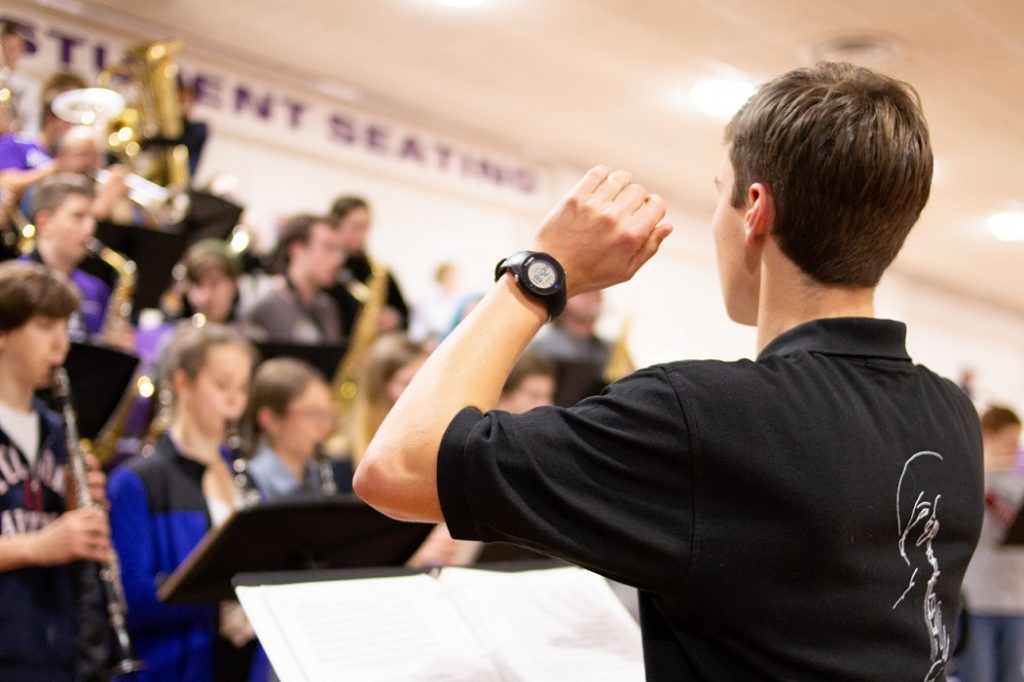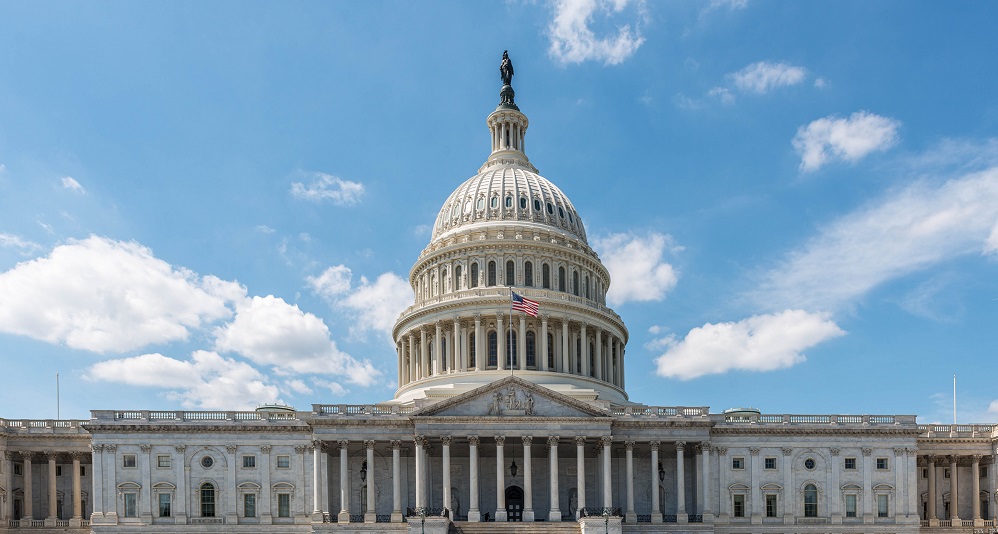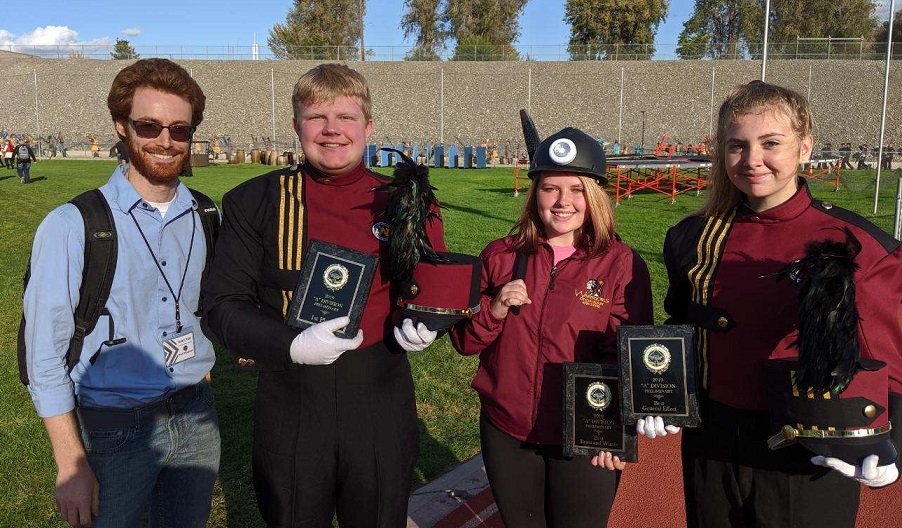6 Steps to Get Funds that Support ESSA’s “Well-Rounded Education”
Do your homework to stay on top of funding available for music education.
With the passage in December 2015 of the Every Student Succeeds Act (ESSA), also known as the Elementary and Secondary Education Act, music was named as part of a “well-rounded education.”
Each time the term “well-rounded education” is referenced in the law — over 20 times! — it reinforces the fact that music, as well as all of the other subjects listed, is essential.
In December 2019, ESSA received additional funds and among those categories that saw an increase are Title II-A, which will now receive $2.1 billion to support Effective Instruction grants, and Title IV-A, which will now receive $1.2 billion for Student Support and Academic Enrichment (SSAE) grants.
The SSAE funds are granted from the federal government to the states, which then re-grant them to districts through a grant application process. It is extremely important that educators, parents and school officials learn as much as they can about these resources and how to apply for them.
Here are a few steps to help educators get started.
Step 1: Learn about ESSA
One of the best places to get relevant information is through the “Everything ESSA” section of the National Association for Music Education (NAfME) website. The material provided is well-written and easy to understand.
Step 2: Do Some Homework
Identify what types of SSAE grants have been awarded in past years (or enlist the help of a parent to do this). These are public funds, so the information can be accessed by calling the federal grants department at your state’s department of education. It might help to know if other districts in your state are receiving SSAE support. States may not be able to provide specific information on how the grants will be used at the district level, but once you find out which districts received funding, you can contact that district’s federal grants department for details.
Step 3: Set up Key Meetings
Once you have some understanding of what is in the law and how past grants have been awarded, meet with your principal or supervisor and ask about their knowledge of these resources. Remember, grant funding provides support for the entire school, so you will be considered a hero for bringing great information to your school leaders. If they are not aware, determine who in your district is responsible for writing federal grants then ask to meet with them for additional information and guidance. There are more than 13,500 school districts in the United States, and the vast majority of them has someone on staff whose job is to apply for federal grants. States may have varying application processes, and your federal grants staff person will be able to provide detailed information. It literally pays to find out all you can about the application process because some covered expenditures could include salaries, purchased services, instructional supplies and materials, professional and technical services, and instructional and non-instructional equipment.
Step 4: Perform a Needs Assessment
Meet with your music education colleagues and figure out what is lacking in your music program and what can be done so more students can be provided with access to music? NAfME provides a comprehensive resource to help with this process. The “Opportunity to Learn Standards” document provides recommendations for curriculum and scheduling, staffing, materials and equipment, and facilities.
Step 5: Provide a Well-Thought-Out Proposal
Use the guidelines provided by the grants professional in your district and put together a detailed proposal.
Step 6: Be Patient and Stay Positive
Wait for a response from your state but don’t be discouraged if funds are not awarded on the first try. These are annual grants so applications can be resubmitted in subsequent years. Do, however, follow-up to see how to better organize your application for the next round.
This is our time. Music education has never been in a better place to determine its own future. But it is up to us. Former Speaker of the House Tip O’Neill said, “All politics is local.” His quote accurately describes what lies ahead. So, familiarize yourself with the details of ESSA, meet with your music department to come up with a game plan and make that appointment with your principal.
This article first appeared in the Music for All National Festival program.
Yamaha is an active advocate for music education, and we want to empower music educators to strengthen their programs in any way we can. Please register for the Yamaha Educator newsletter to read up on advocacy, professional development, information about instruments, resources, partnerships in education and more. Join the Yamaha Music Educator Community on Facebook or email us at educators@yamaha.com.
Top photo by chrupka/Shutterstock.com
















